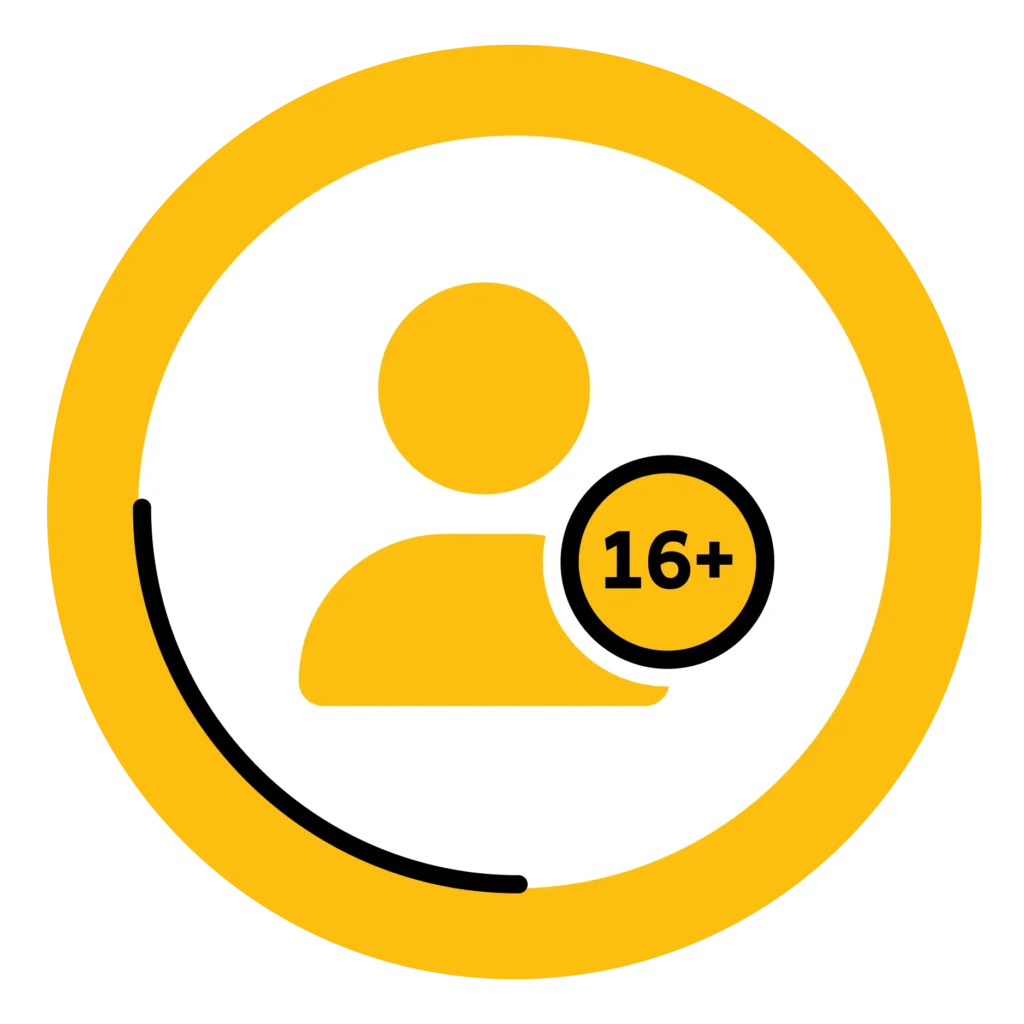
Preparing for Adulthood
Home » Parents & Carers » Preparing for Adulthood
What are the aims of the PfA?
From at least year 9 (aged 13-14) there should be consideration of Preparing For Adulthood (PfA) in any SEND planning and if your child has an EHCP there should be a focus on this in their Year 9 review.
The SEND Code of Practice 2015, describes preparing for adulthood as preparing for:
- Higher education or employment. This includes exploring different employment options such as support for becoming self-employed and help from supported employment agencies.
- Independent living. Meaning young people have choice, control and freedom over their lives, the support they have, their living arrangements and accommodation, including supported living.
- Participating in society, including having friends and supportive relationships as well as participating in, and contributing to the local community.
- Being as healthy as possible in adult life.

What is Person Centred Planning?
When considering any transition planning for children and young people, we would advise that you look at the person centred planning approach.
Person centred planning aims to put children and young people at the centre of the planning and any decisions that affect them. When children are meaningfully involved, this can change their attitude, behaviour and learning and make them active partners who work with adults to bring about change.
You might find the following video from the Council for Disabled Children (CDC) helpful.

Education needs information and advice
The transition age for education is usually 16.
You should think about what extra support your young person may need with their learning, in their training or employment. Their study programmes should help to prepare them for a smooth transition to the next stage of their lives.
There is a duty under section 42a of the Education Act 1997 to provide them with independent careers advice and guidance. This advice should also be tailored for their SEND to make sure they can access it and understand their options.
They could be prepared for employment via options such as apprenticeships, traineeships and supported internships.
When considering employment options it helps to know what support your young person may receive from adult services. The local authority could undertake a Social Care Transition Assessment which could support discussions around pathways into employment.
Post 16 Options
A college offers a range of academic, vocational, technical, and professional courses. Further Education colleges offer courses at every level from entry level courses that do not require GCSE grades at entry through to higher level qualifications and degree courses. You can attend a college from 16 years old, although most students are aged between 16 and 18 years old. Some colleges are very large, with several sites or campuses and some are specialist such as those offering agricultural or marine courses.
A sixth form refers to school years 12 and 13. Many schools offer a sixth form but there are also sixth form colleges. Sixth forms offer courses which are designed to follow on from your GCSE’s.
An apprenticeship is a job where you can gain hands on experience, a salary, and the chance to train while you work. Often time can be split, and you can spend some of your time training at a college or with a training provider.
A traineeship is an education and training programme which incorporates work experience. This prepares young people for their future careers by helping them to become work ready.
A traineeship has three core elements:
- Work experience placement with an employer.
- Work preparation training, provided by the training organisation.
- English and maths support, if required, provided by the training organisation.
Traineeships last anything up to a maximum of 6 months with the content tailored to the needs of the business and the individual.
Employers are not required to pay trainees for the work placement and traineeships are exempt from the Minimum Wage. Young people taking part in traineeships will be undertaking education and training and some may qualify for financial support, including the 16-19 Bursary Fund.
Supported Internships are a structured study programme which are based primarily at an employer. They allow young people aged between 16-24 with and Education, Health and Care Plan to achieve sustainable paid employment by equipping them with the skills they require for work, via learning in the workplace. Supported Internships are unpaid, and last for a minimum of six months. Wherever possible, they support a young person to move into paid employment at the end of the programme, whilst their young people complete a personalised study programme which includes the chance to study for relevant substantial qualifications, if appropriate, and Maths and English.
Volunteering is described as an unpaid activity where someone gives their time to help a not-for-profit organisation or an individual who they are not related to. Benefits include making new friends, expanding your network, boosting your social skills and developing new skills.
Employment is a paid work agreement between an employer and an employee. The term employee applies to a person who is hired for a salary or fee to perform work for an employer.
Can't find what you are looking for?
Try our Resource Hub.

From fact sheets to questions to ask your SENCO, our downloads are packed with useful information.

